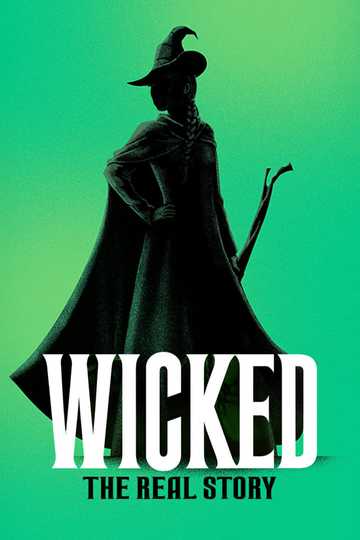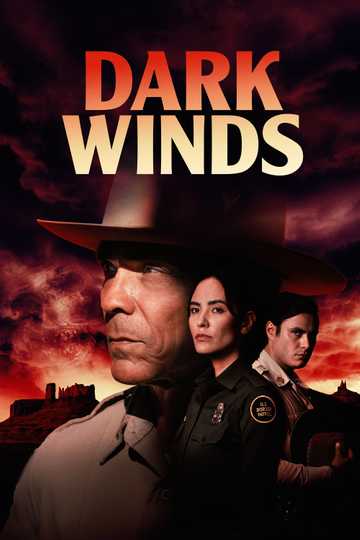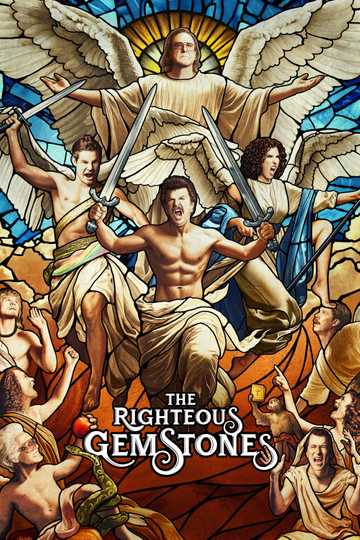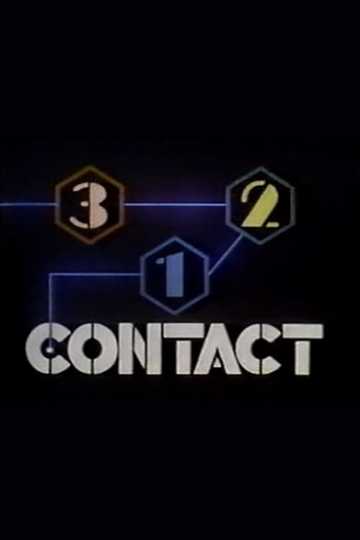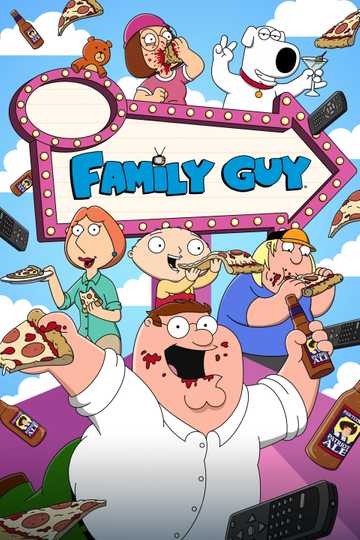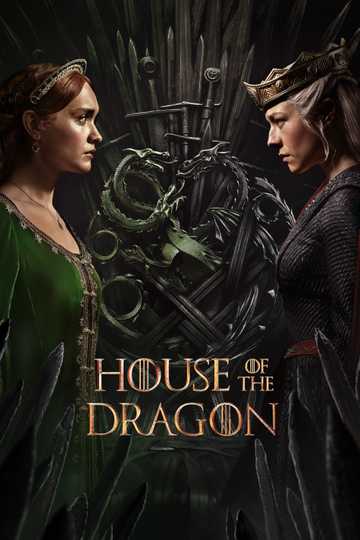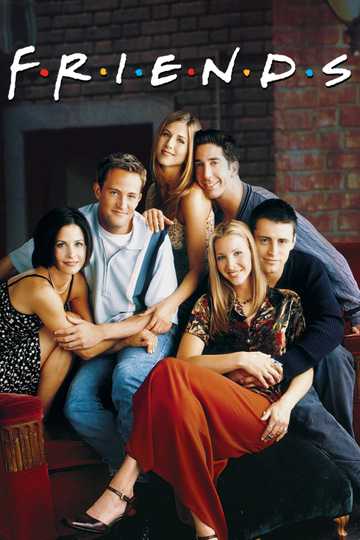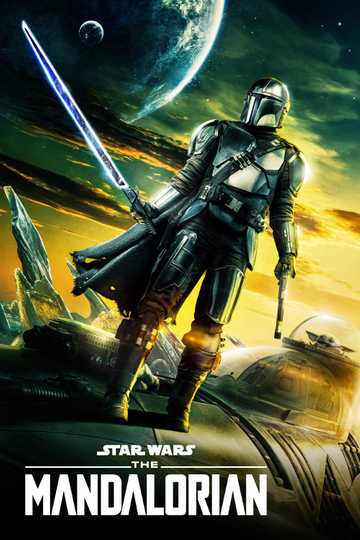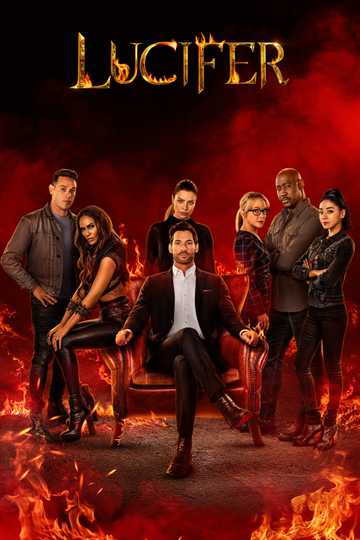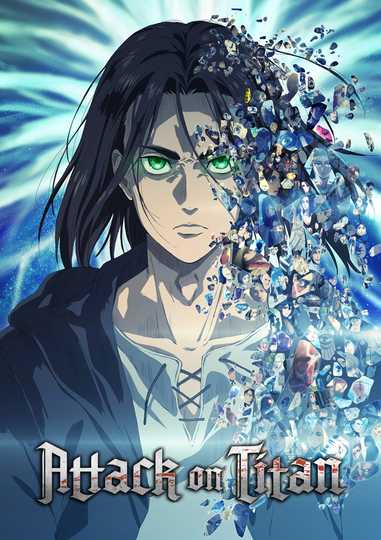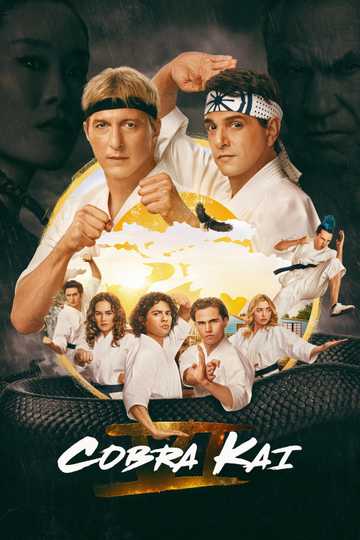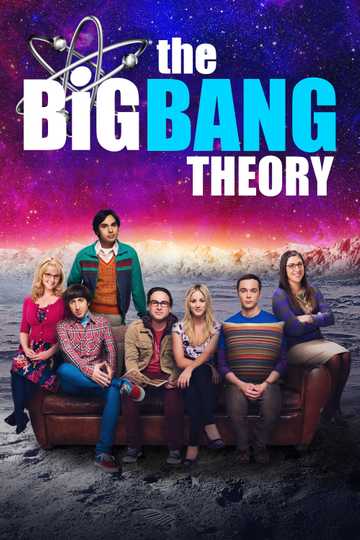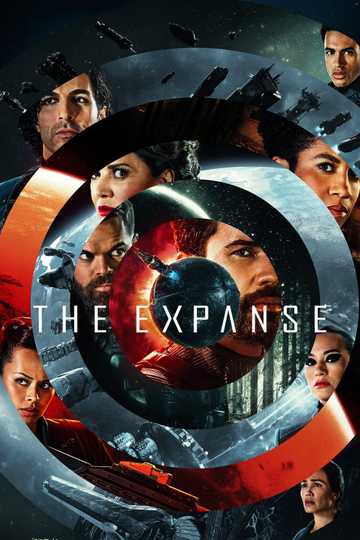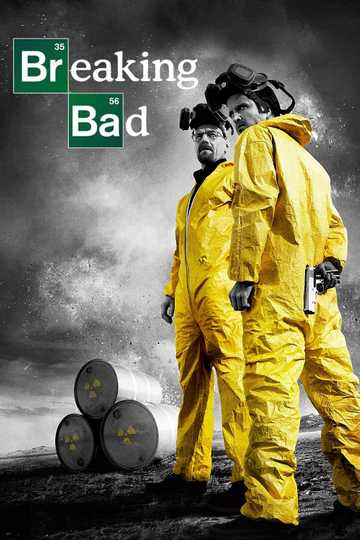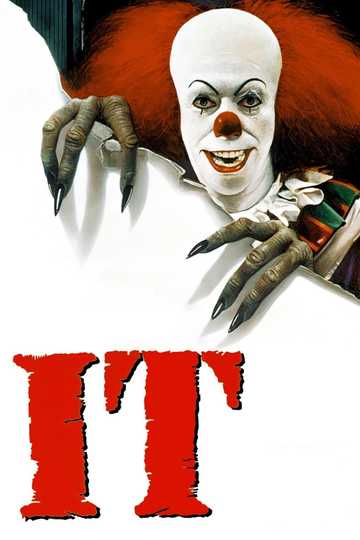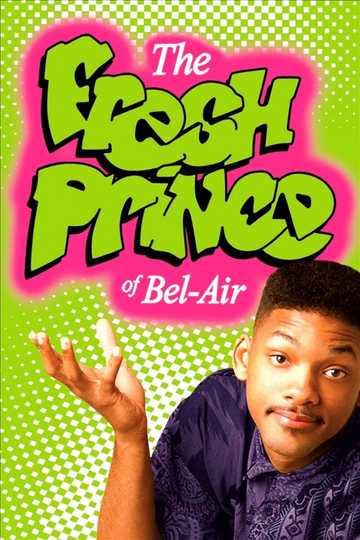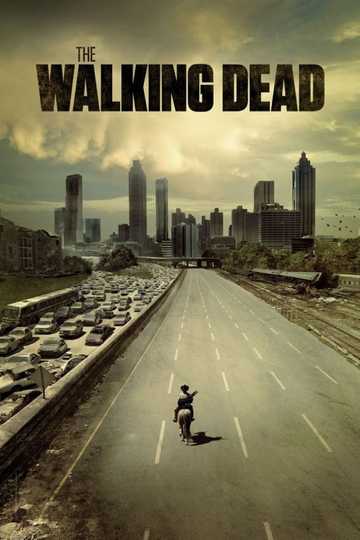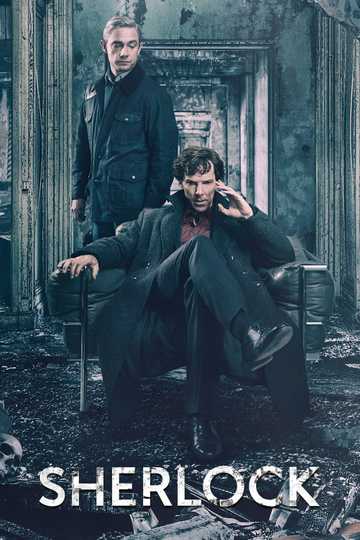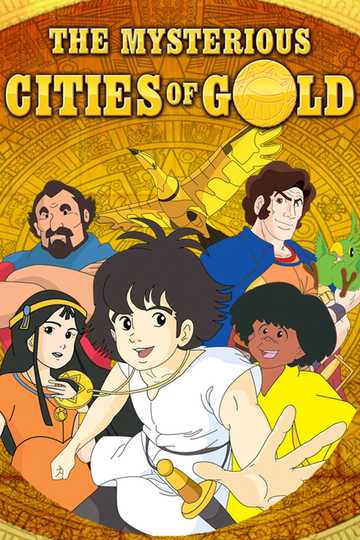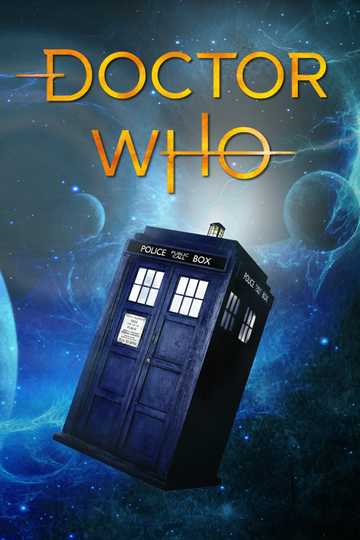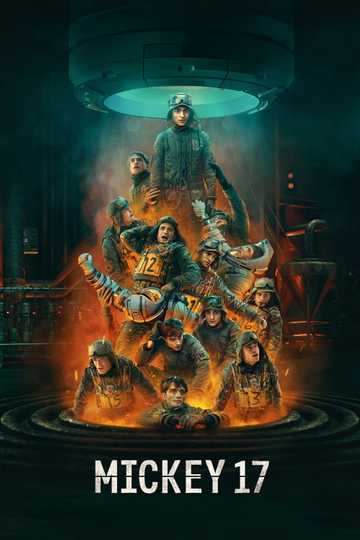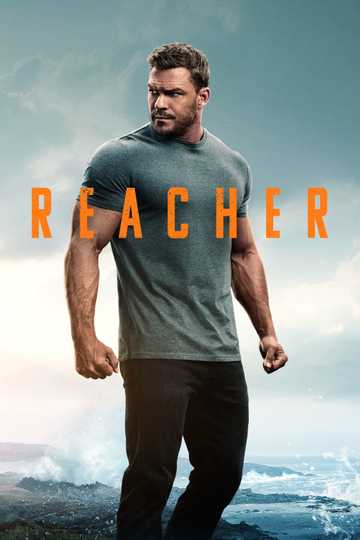Season 7 Episodes
1. Antarctica: Getting There
Debra learns that getting to Antarctica from the United States is no easy task, but seeing Emperor penguins makes the trip worthwhile. This information provided by Chuck N. Thank you, Chuck.
2. Antarctica: Getting Around
Travel at the bottom of the world is difficult and dangerous, as Debra discovers by climbing out of a crevasse, flying to the South Pole, and driving over ice. This information provideed by Chuck N. Thank you, Chuck.
3. Antarctica: Life On The Edge
Most of Antarctica has such a harsh climate that almost nothing can live there, but Debra finds one place where penguins and seals do well: at the ice edge. This information provided by Chuck N. Thank you, Chuck.
4. Antarctica: Life Under The Ice
In the icy waters surrounding Antarctica is a wealth of sea life, including jellyfish and a kind of fish that has antifreeze in its body. This information provided by Chuck N. Thank you, Chuck.
5. Antarctica: The Desert Continent
Debra reviews (for the last time) her plane journey to Antarctica. She defines a desert (of which Antarctica is the largest). A glimpse of the weather base at McMurdo Station gives weather reports that affect everybody on the ice. Debra flies to Taylor Valley, a dry area with little ice, to meet a geologist.MUSIC VIDEO: Arctic vs. Antarctic.
6. Your Body: Twins
Stephanie Yu is at a twins convention. Balancing this is a filmed sequence on twins from England. The Bloodhound Gang reruns ""The Case of the Educated Pig,"" the mystery that started 3-2-1 Contact back in 1980.
7. Your Body: Having a Baby
This show follows an expectant mother at ultrasound and other key moments that lead up to the birth of a new child.
8. Your Body: Sleep
David and Stephanie submit themselves to a sleep chamber to help in a scientific study of sleep. The Bloodhound Gang recycles (from Episode 6, ""The Case of The 264-Pound Burglar, Part One."" (Concludes in next episode.)
9. Your Body: Spinning
Dancers can't afford to be dizzy, which we see prior to discussions of the inner ear. The Bloodhound Gang solves ""The Case of the 264-Pound Burglar.""
10. Your Body: Your Health
Todd compares health care in New York City and Kenya where doctors and nurses may have to travel long distances to reach sick patients and prevent disease. This information supplied by Chuck N. Thank you, Chuck.
11. Australia: Platypus & Echidna
In an element common to all five shows of Australia week, David gives an explanation on how Australian animals evolved separately from life on the other continents. It all deals with the splitting of continents from a giant mass of land. With that explanation out of the way, David and Michele, our Australian cast member, track and examine a platypus and an echidna, two unusual animals found only in Australia.
12. Australia: Moths & Beetles
There are strange animals in Australia with even stranger eating habits. Get a glimpse of what David discovers about moths, beetles, and Australia's aboriginies.
13. Australia: Emu & Kookaburra
Both the emu and kookaburra are indigenous to Australia. David gets to see them both after reviewing how Australian animals got to be so unique.
14. Australia: Koalas
Koalas are one of the most recognized species unique to Australia. David Quinn koalas in their natural environment: the eucalyptus tree.
15. Australia: Kangaroos
G'day, mate! David discovers the life of the kangaroo, and helps take a survey of them.
16. Structures: Bubble, Bubble
Hopey and Todd see a bubble show and meet the man behind it to learn more on bubles. Included is a simple mixture for soap bubble solution.
17. Structures: Pipes and Reeds
There is surprising strength in a tube because it is hollow. We see how tubes are used in bicycles, organs, and roofs.
18. Structures: Chaos and Computers
Stephanie Yu discusses snow crystals and their patterns, or ""habits.""
19. Structures: Running Robots
Just what are robots, and what are they meant to do? Miguel finds out the truth in a sequence recycled from 1983. The ""running"" element comes from observing animal locomotion.
20. Structures: Suspended in Air
Todd introduces bungie jumping the way it began. It talks about the strength of ropes.
21. Greece: The Journey Begins
Hopey begins her week in Greece by checking out an island formed by volcanoes.
22. Greece: Under The Ash
What is the truth about cities buried in volcanic ash? Hopey finds out a few things about the ancient cities of Io, Ancient Thira, and Akrotiri.
23. Greece: Before History
Hopey continues her observations with archaeologists in the ancient city of Akrotiri.
24. Greece: Sheep & Cheese
Hopey sees the old and new ways sheep's milk becomes cheese. The Bloodhound Gang is trapped in ""The Case of the Thing in the Trunk"" from Season 1. (Concludes in next episode.)
25. Greece: The Parthenon
Hopey finds engineers trying to keep The Parthenon standing, but it's not without catches. The Bloodhound Gang breaks through ""The Case of the Thing in the Trunk.""
26. Island: Parrot Fish
Stephanie Yu greets us from Huckleberry Island in New York and describes the location of Bonaire Island in the Netherland Antilles, where Todd and Debra do their parts of the show from. SONG: It's An Island Todd and Debra visit with Jules VanRoy as he studies the Parrot Fish and its importance to the ecology of the coral reef system. Todd and Jules go diving with a special underwater computer to record the activities of the Parrot Fish. Todd and Deborah explain how SCUBA gear works. ANIMATION: How islands are formed Todd and Debra talk about island geology with Eric Nuden from the highest opint on Bonaire Island. SONG: How Do You Get To An Island? Todd and Debra discuss shoreline geology. This show's information is supplied by Chuck N. Thank you, Chuck.
27. Island: Lizards
SONG: How Do You Get To An Island? Stephanie Yu greets us from Huckleberry Island in New York and describes the location of Bonaire Island in the Netherland Antilles, where Todd and Debra do their parts of the show from. Todd and Denise Deering, grad student from the University of Vermont, study the Blue-Tailed lizard, a plant-eating lizard. Scientist Song, recycled from weeks before. Debra and Denise Deering go looking for bats in a cave. Todd and Debra go SCUBA diving at night for nocturnal sea creatures. SONG: It's An Island This show's information is supplied by Chuck N. Thank you, Chuck.
28. Island: Coral
Stephanie Yu greets us from Huckleberry Island in New York and describes the location of Bonaire Island in the Netherland Antilles, where Todd and Debra do their parts of the show from. SONG: It's An Island Todd and Debra study Coral formation with Marine Biologist Eileen Morse. Todd and Debra help Mary Lasenko map a coral reef. SONG: How Do You Get To An Island? Stephanie Yu explores the remains of a burned-out house. Todd and Debra help archeologist Jay Havaser search one of Bonaire's shelled bays for archaeological artifacts and examine ancient cave paintings on the walls of a cave. Todd and Denise visit a 5th grade school in Bonaire to discover that the students speak up to 5 different languages. This show's information is supplied by Chuck N. Thank you, Chuck.
29. Island: Flamingos
Stephanie Yu greets us from Huckleberry Island in New York and describes the location of Bonaire Island in the Netherland Antilles, where Todd and Debra do their parts of the show from. SONG: How Do You Get To An Island? Stephanie Yu identifies the birds of Huckleberry Island. Debra goes counting flamingoes with a local expert. Todd goes to Bonaire Salt Flats and learns how sea salt is cultivated. Todd and Debra go diving with Dee Skar in one of Bonaire's old peirs and look for dangerous ocean life living in the garbage below. Susan Swigert shows Todd how to do good underwater photography. This show's information is supplied by Chuck N. Thank you, Chuck.
30. Island: Conch
Stephanie Yu greets us from Huckleberry Island in New York and describes the location of Bonaire Island in the Netherland Antilles, where Todd and Debra do their parts of the show from. Todd and Debra go diving in a coral reef. SONG: How Do You Get To An Island? Stephanie Yu teaches us that fishing is hunting. Todd and Debra help Robbie Henson, marine biologist, collect wild conch eggs and cultivate conch in the lab.



